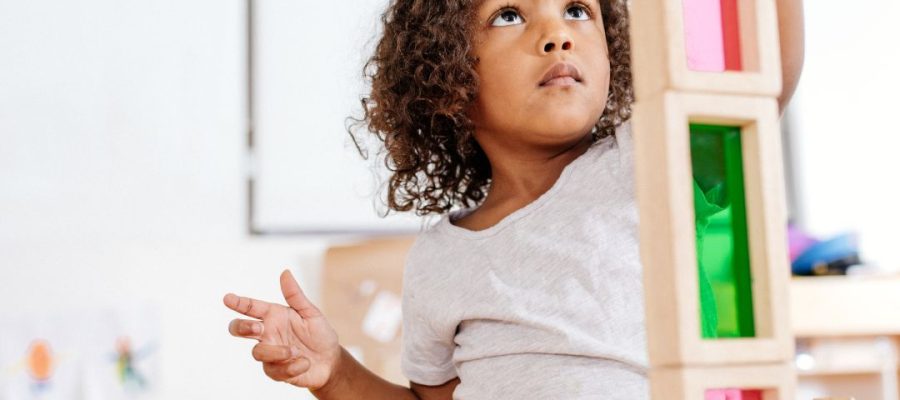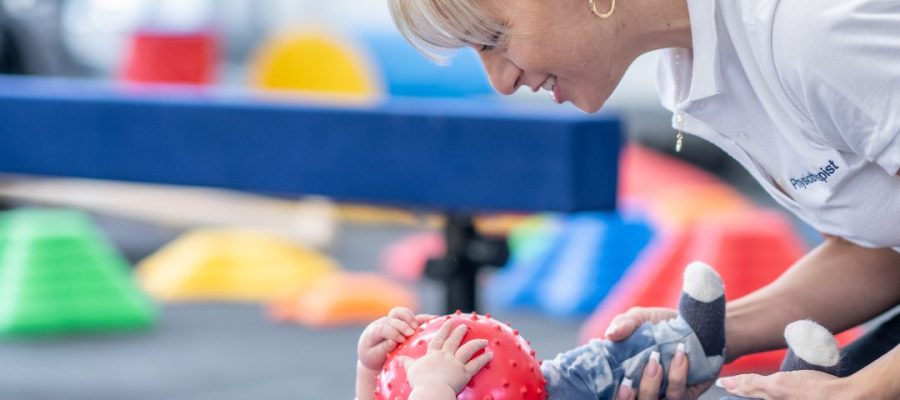Enrolling your child in a child care program is a significant milestone in their early years of development. It provides them with a structured environment where they can learn, grow, and socialize with their peers. However, the transition to a child care program can be challenging for both children and parents alike. In this blog post, we will explore effective strategies for preparing your child for a successful transition to a child care program, specifically focusing on 3-5-year-olds. We will also highlight the benefits of Fraser River Childcare Centre, a leading provider of high-quality child care programs. So, let’s dive in and discover how to make this transition a positive and smooth experience for your little one.
I. Understanding the Importance of a Child Care Program
Before delving into the specifics of preparing your child for a child care program, it’s crucial to understand the importance of such programs. Child care programs offer a structured and stimulating environment that fosters early learning, socialization, and emotional development. It provides opportunities for children to interact with their peers, develop essential life skills, and prepare for their future academic journey.
II. Familiarizing Your Child with the Child Care Environment
To ensure a smooth transition, it’s essential to familiarize your child with the child care environment before their official start date. Arrange a visit to Fraser River Childcare Centre, allowing your child to explore the facility, meet the teachers, and observe the daily routines. This initial exposure will help alleviate any anxiety or uncertainty your child may have about the new environment.
III. Establishing Routines and Schedules
Children thrive on routines, as they provide a sense of security and predictability. Prior to starting the child care program, establish consistent daily routines and schedules at home. This includes regular mealtimes, nap times, playtimes, and bedtime. Aligning your child’s home routine with the child care center’s schedule will make the transition smoother and help them adjust to the program’s structure.
IV. Encouraging Independence and Self-Help Skills
Developing independence and self-help skills is essential for your child’s success in a child care program. Encourage your child to engage in age-appropriate tasks, such as dressing themselves, using the bathroom independently, and tidying up after playtime. This independence will boost their confidence and enable them to navigate the child care environment with ease.
V. Promoting Social Skills and Emotional Well-being
Social skills play a vital role in a child’s overall development. Before starting the child care program, provide ample opportunities for your child to engage in social interactions with other children. Arrange playdates, visit parks, or enroll them in local community programs. Additionally, teach your child about emotions and how to express themselves effectively. This emotional intelligence will help them manage any emotions they may experience during the transition.
VI. Open Communication with the Child Care Staff Maintaining open communication with the child care staff is essential to ensure your child’s well-being and smooth transition. Share relevant information about your child’s routine, likes, dislikes, and any specific needs or concerns. Collaborate with the staff to create a consistent approach in supporting your child’s development.
VII. Building Trust and Addressing Separation Anxiety
Separation anxiety is a common challenge when starting a child care program. To ease this anxiety, gradually build trust with the child care staff and reassure your child that they will be safe and cared for. Develop a consistent drop-off routine, say goodbye confidently, and ensure you follow through on your promises of returning at pick-up time. Consistency and reassurance will help your child overcome separation anxiety.
VIII. Introduction to Age-Appropriate Learning Activities
Expose your child to age-appropriate learning activities at home, such as reading books, engaging in art projects, counting objects, or exploring nature. This exposure will help your child feel more comfortable with the learning component of the child care program and stimulate their curiosity and cognitive development.
IX. Making the Transition
Fun and Exciting Approach the transition to a child care program as an exciting adventure. Involve your child in preparing their backpack, choosing their clothes, and packing their favorite toy or comfort item. Emphasize the positive aspects of the child care program, highlighting the new friends they will make and the exciting activities they will engage in.
X. The Benefits of Fraser River Childcare Centre
Fraser River Childcare Centre, a renowned child care provider, offers a nurturing and stimulating environment for children aged 3-5 years. Their experienced and qualified staff prioritize the well-being, growth, and development of each child. With a strong focus on play-based learning, Fraser River Childcare Centre offers age-appropriate activities, opportunities for socialization, and a supportive community for both children and parents. Visit their website at https://elcccenters.com/ to learn more about their programs and facilities.
Conclusion:
Preparing your child for a successful transition to a child care program requires careful planning, open communication, and a supportive approach. By familiarizing your child with the child care environment, establishing routines, promoting independence, and addressing separation anxiety, you can ensure a positive experience for your little one. Remember, Fraser River Childcare Centre is dedicated to providing high-quality child care programs that prioritize your child’s development and well-being. With the right preparation and the support of a reputable child care provider, your child will flourish in their new educational journey.


